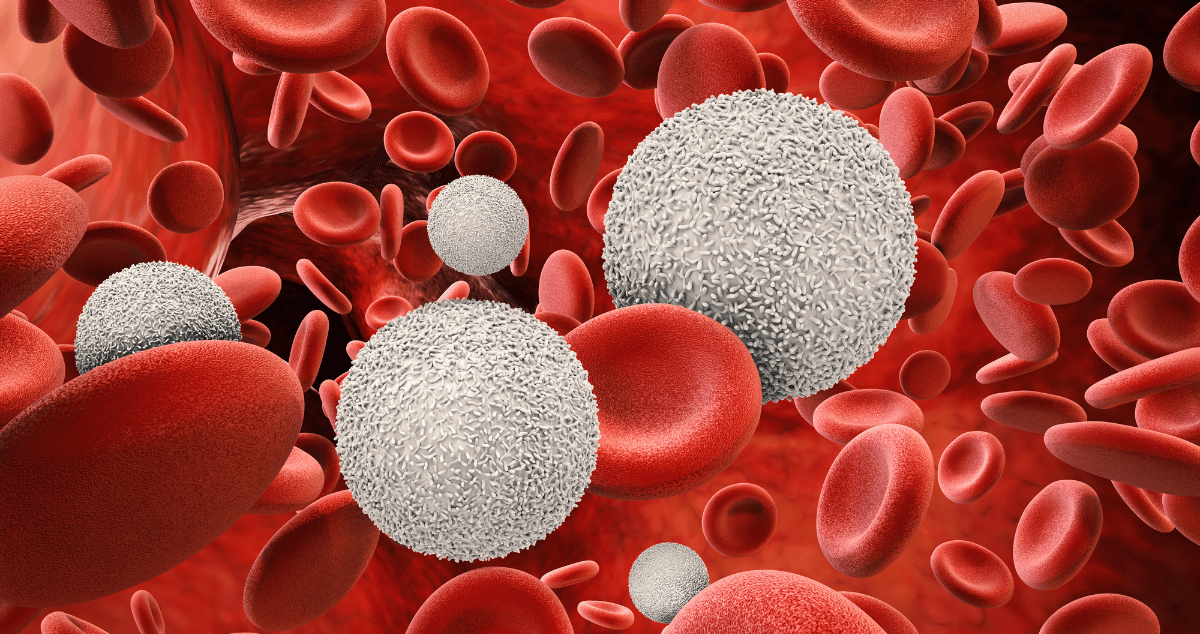Share
Researchers at University College London (UCL) and Moorfields Eye Hospital have found blood markers that can predict if glaucoma patients are likely to keep losing vision even after treatment.

In Australia, over 300,000 people have glaucoma, the main cause of permanent blindness worldwide. Glaucoma happens when cells in the eye, called retinal ganglion cells, die.
Current treatments aim to lower eye pressure (intraocular pressure). But some patients still lose sight after treatment.
To help doctors know who will lose vision faster, the study in Nature Medicine looked at mitochondrial function in white blood cells. They checked if this function was lower in people with glaucoma and if it affected the speed of vision loss.
Mitochondria are the 'batteries' in cells that give them energy. Eye cells need a lot of energy.
Researchers studied 139 patients getting treatment to lower eye pressure and 50 healthy people for comparison.
They measured how blood cells use oxygen, how much vision was lost over time, and levels of NAD.
NAD is a molecule in the body that helps cells produce energy and is made from vitamin B3 in the diet.
They found that blood cells in people with glaucoma use oxygen differently. Those with blood cells using less oxygen lost vision faster, even with treatment. This explained 13% of the differences in how fast patients lost vision.
People with glaucoma also had lower NAD levels in their blood cells, linked to the lower oxygen use.
Senior author, Professor David (Ted) Garway-Heath said that testing white blood cell mitochondrial function and NAD levels could help predict which patients will lose vision faster. These patients could get more intensive care.
“If further research shows that low mitochondrial function or low NAD levels are a cause for glaucoma, then this opens the way for new treatments,” said Professor Garway-Heath
A major clinical trial led by UCL and Moorfields is testing if high-dose vitamin B3 can improve mitochondrial function and reduce vision loss in glaucoma patients.
“We hope that this will open a new avenue for treatment of glaucoma patients which does not depend on lowering the eye pressure,” he added.
Source: https://www.ucl.ac.uk/news/2024/jul/biomarkers-reveal-how-patients-glaucoma-may-respond-treatment. Note: This article has been edited for style and length.



